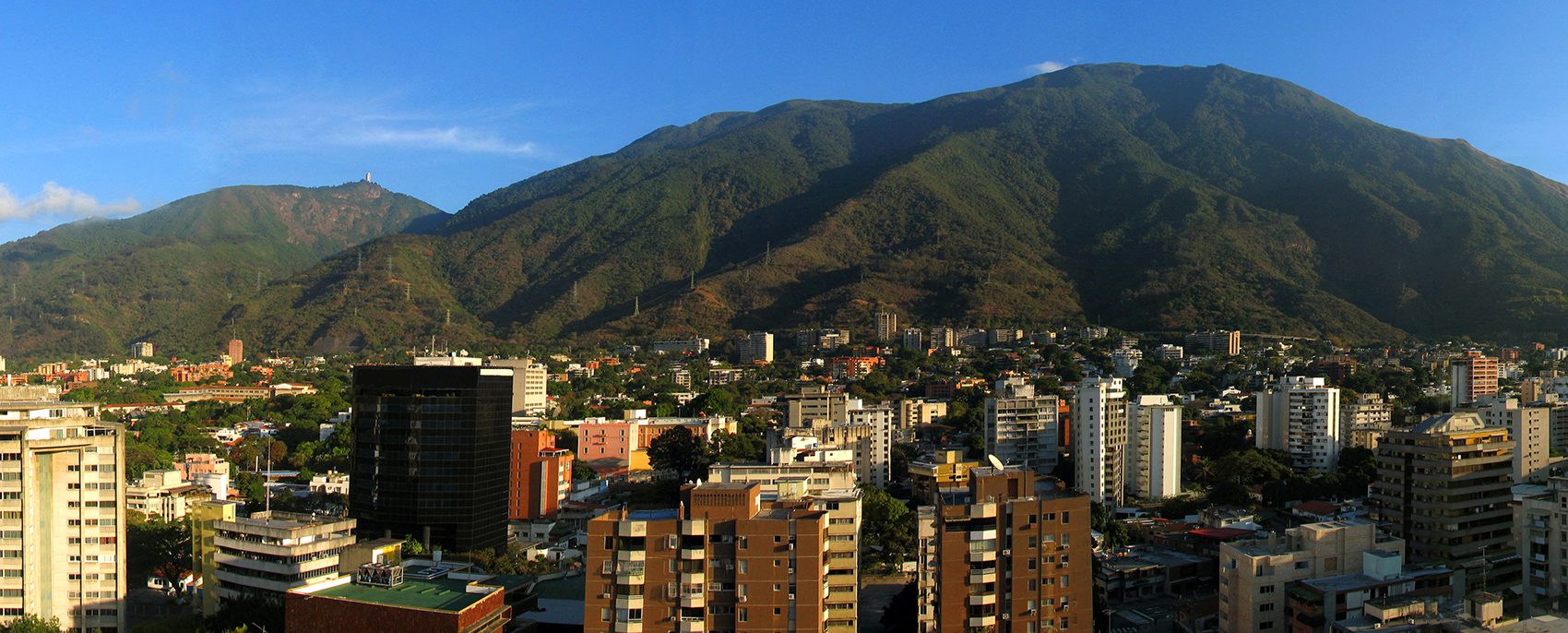The Dilemma Faced by Multinationals in Venezuela

Gauging the opportune moment to scale up your business is essential, but equally paramount to the success of an operation is knowing when to scale it down. The case for multinational companies operating out of Venezuela, a country that despite having the world’s largest oil reserves, has an economy in complete disarray, best encapsulates this quandary. This has been further exacerbated by recent U.S. financial sanctions prohibiting any U.S. institutions from lending more money to Venezuela.
Some companies, including Clorox, Kimberly-Clark, General Mills, General Motors, and Harvest Natural Resources, have removed their presences from Venezuela entirely, abandoning their assets or selling them for cheap. While walking away from an unpredictable landscape is often deemed a safe approach, these realms are also ones where high risk, high reward opportunities could be hidden. The ambition of the multinationals who have chosen to remain, albeit with delicately scaled back workflow, is to maintain at least a minimum presence so that they will be prepared for the possibility of an improvement of economic circumstances in Venezuela.
Multinationals that remain in Venezuela
Multinational companies that have chose to remain in Venezuela are delicately scaling back their operations due to a scarcity of raw materials and decreased demand for their goods and services. Complicated by strict labor laws in Venezuela that forbid mass layoffs, multinationals work around this by granting many of their employees a paid leave of absence or incentivizing their voluntary termination.
Ford, Colgate, Johnson & Johnson, Fiat Chrysler, and 150 other multinationals are among companies who have stayed in Venezuela, albeit with reduced work schedules and cutbacks, as well as offering a limited selection of their products to the market.
Supporting their workers?
In some cases, these companies have attempted to stand by their workers and provide them assistance. For instance, some furloughed employees are granted continued access to the cafeterias of halted plants for lunch, which is an immense asset during this time of increased hunger. Fiat Chrysler serves simple dishes such as chicken, rice, pasta, and plantains on a daily basis to 60 of their 800 workers. A schedule prioritizes access to these resources to those who are in most need.
Ford launched a “voluntary separation program” in 2016 that saw 800 workers, comprising 40% of its workforce, choose to opt into. Many of them utilized their severance payments to start their own businesses, which are themselves in peril, or to stock up on goods to be sold informally in the black market.
Prior to the economic crisis Johnson & Johnson sold a vast array of beauty and hygiene products from mouthwash to moisturizers, but now they only produce panty liners, a feminine hygiene product. Despite this tremendous setback, Johnson & Johnson maintains that it will not lay off any of its 157 Venezuelan factory employees.
Adapting to trying circumstances
Elsewhere in Venezuela, the multinationals have struggled to adapt to other government mandates, including strict cost regulations on products that the Venezuelan government deems as necessities such as milk and soap. The prices cannot keep up with constant inflation. Colgate recently adapted to this with the production of a price-controlled toothpaste that is packaged in brown cardboard that is more cost-effective than its standard red packaging.
If Venezuela ever were to recover from its current economic disarray, the multinationals that have remained present there will be positioned to benefit strongly. The ability and freedom to adapt to changing circumstances of a high-stakes economic landscape are paramount. The world is continually changing, and businesses that are are proactive rather than reactive stand to win everything.
READY TO FEEL MORE CONFIDENT IN AN ERA OF INCREASING UNCERTAINTY?
If you’re ready to mold yourself into a leader prepared to take on a VUCA-filled future, you can learn more about Leadership and Strategy in the Age of Disruption by downloading a copy of our informational booklet. If you’re ready to join our next intake, get started on your application.



